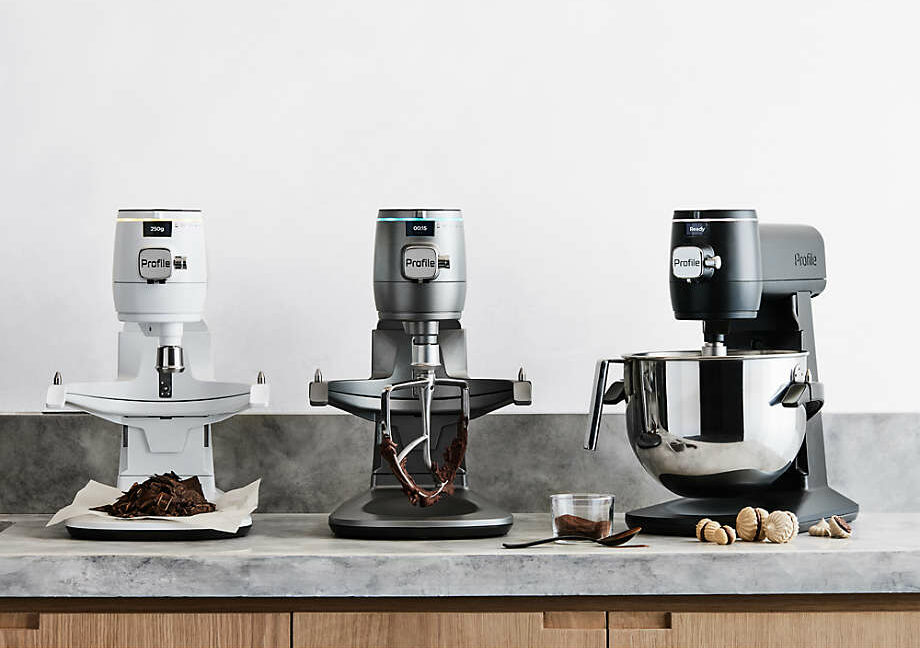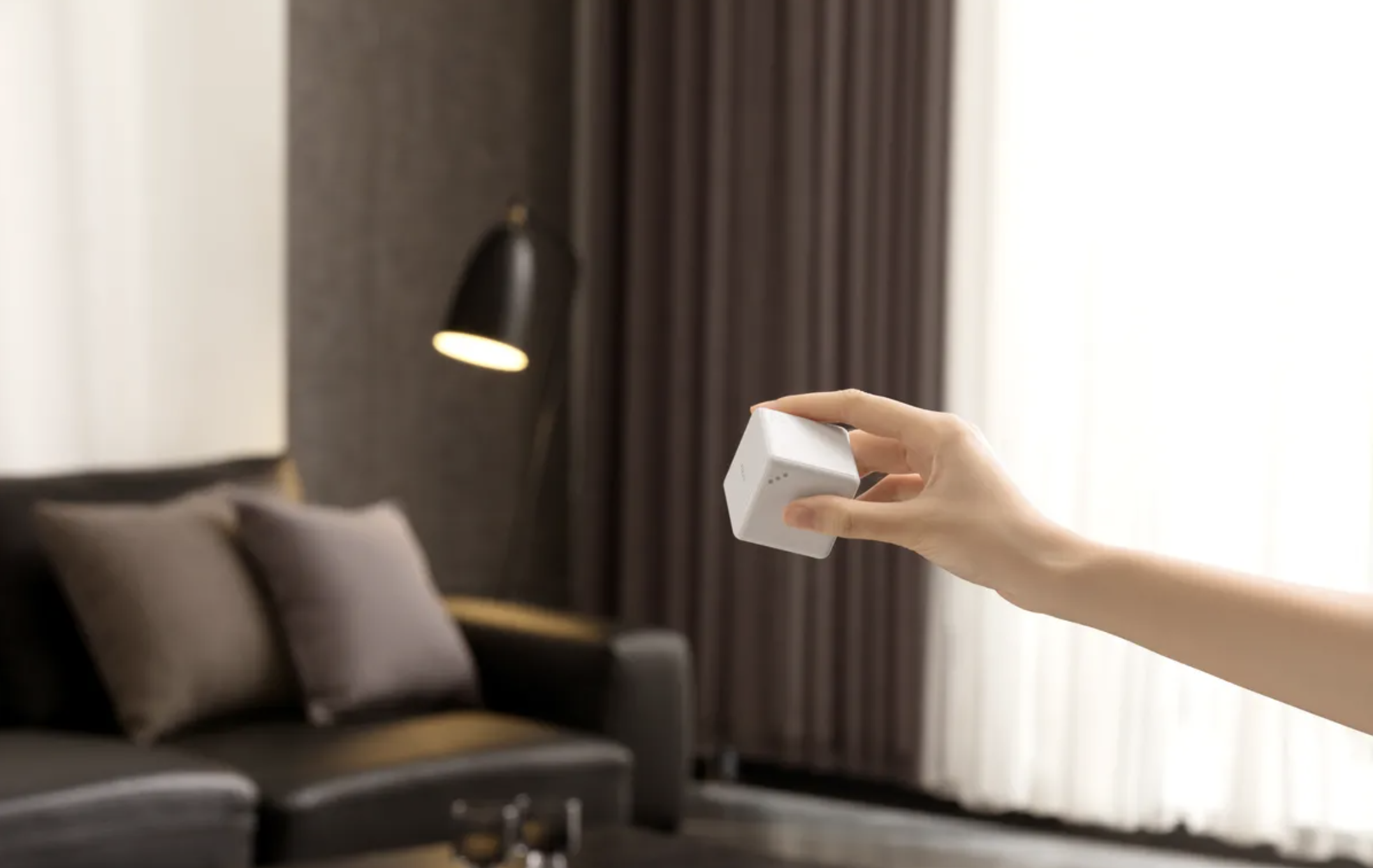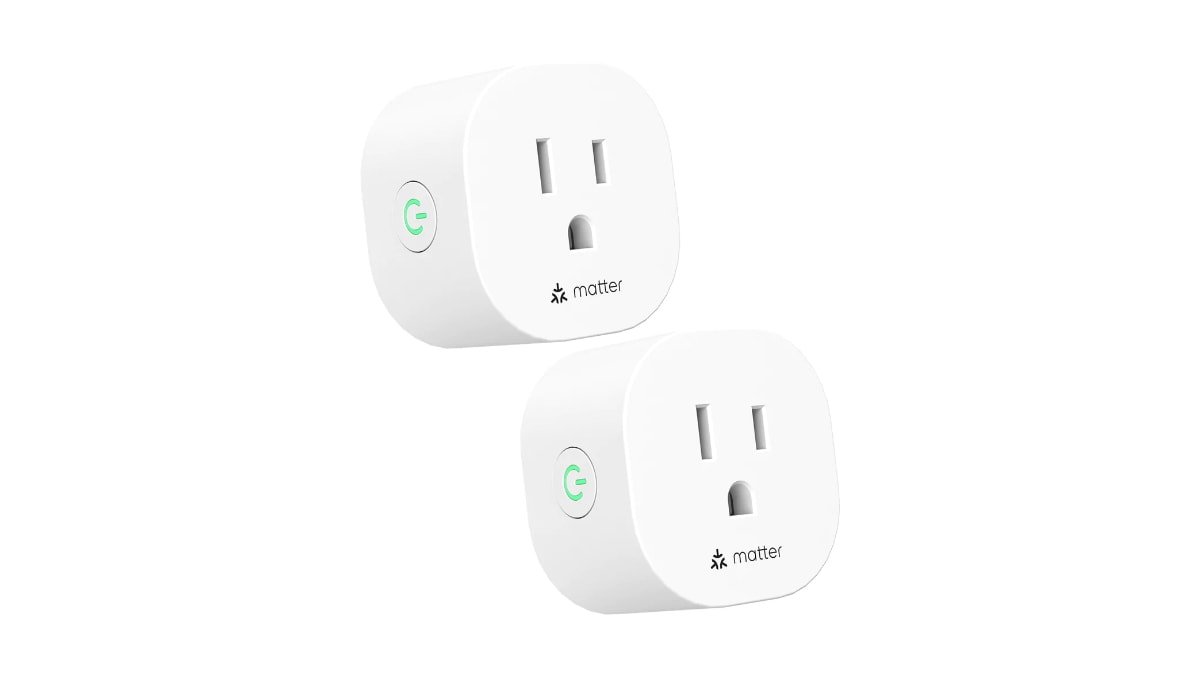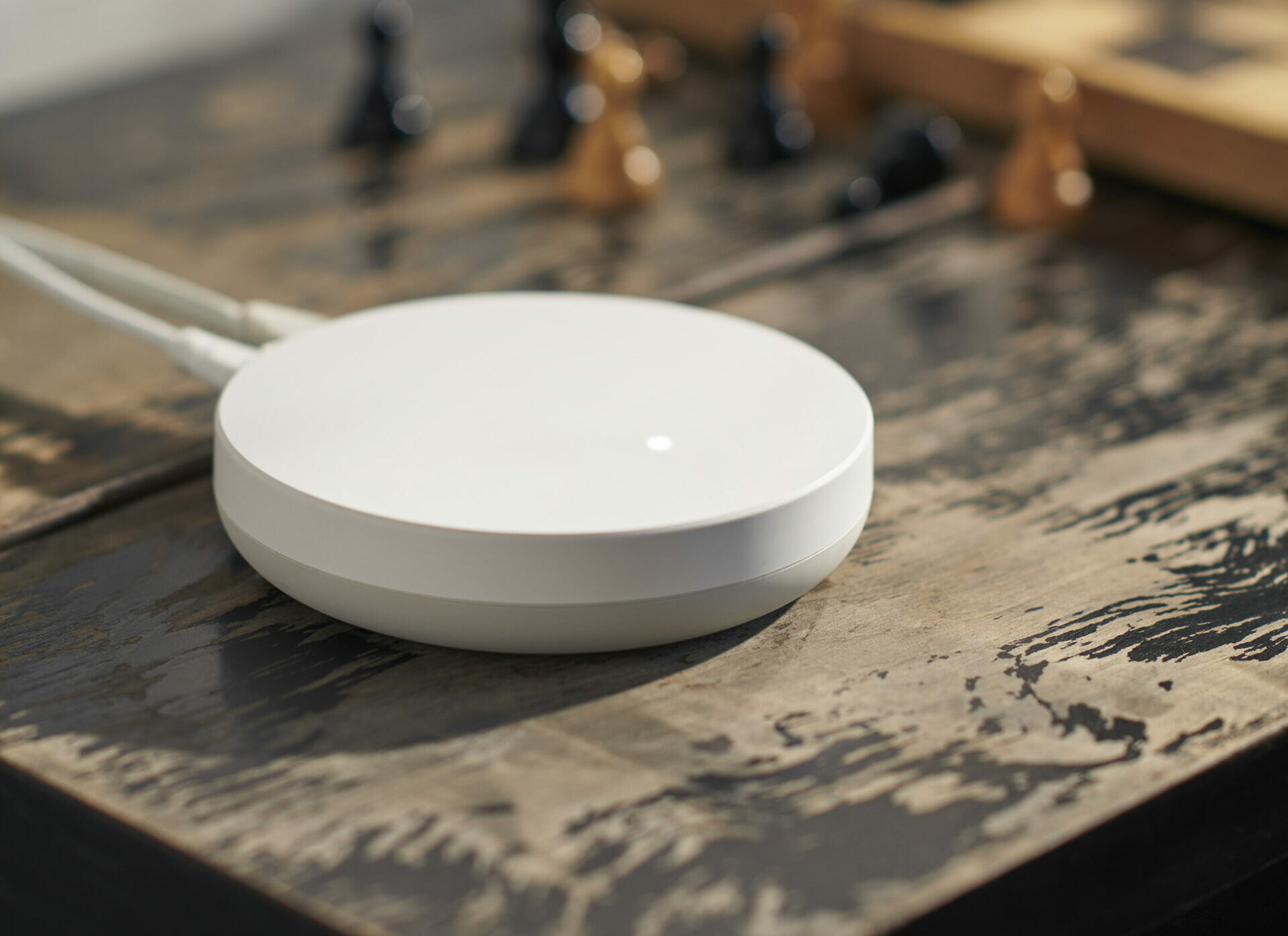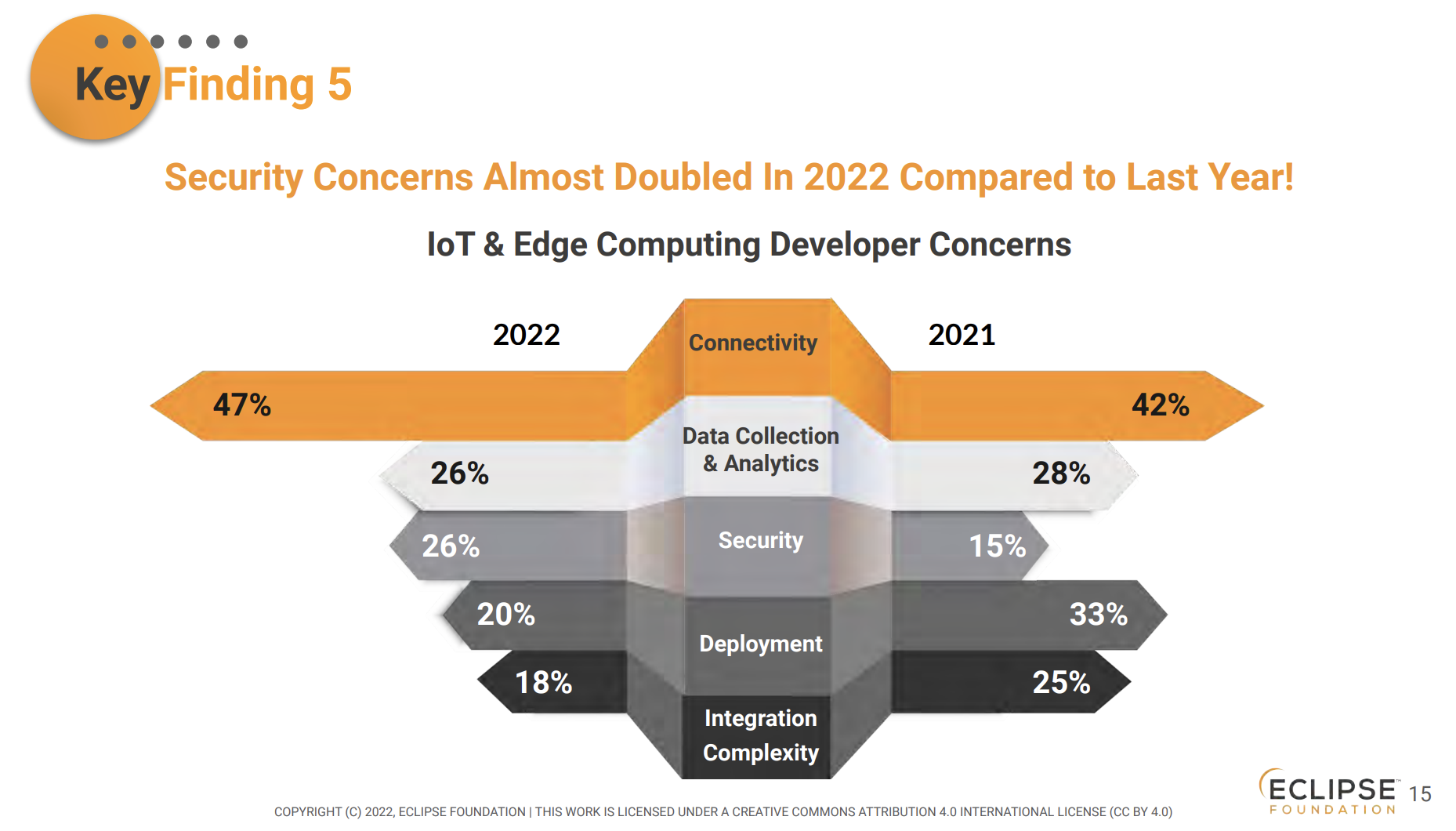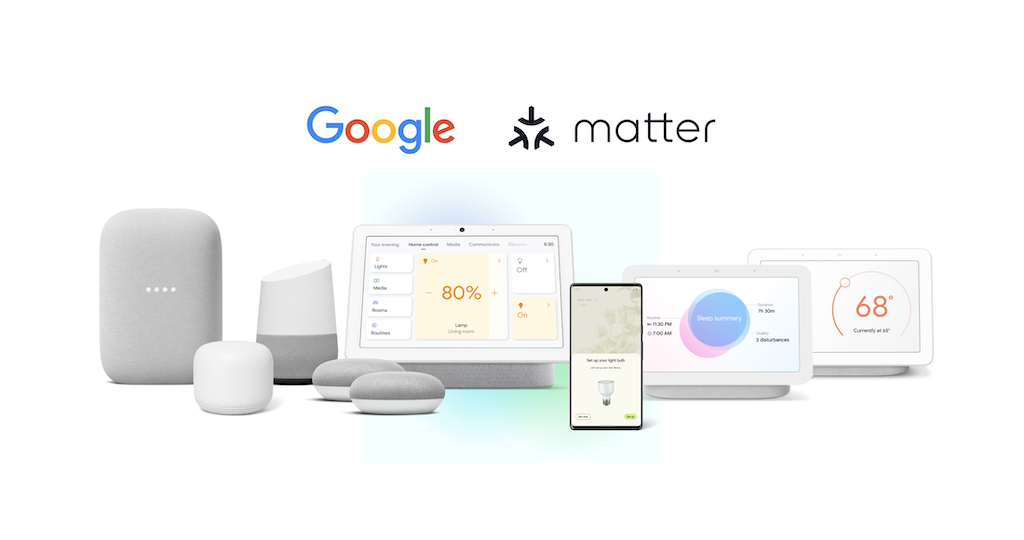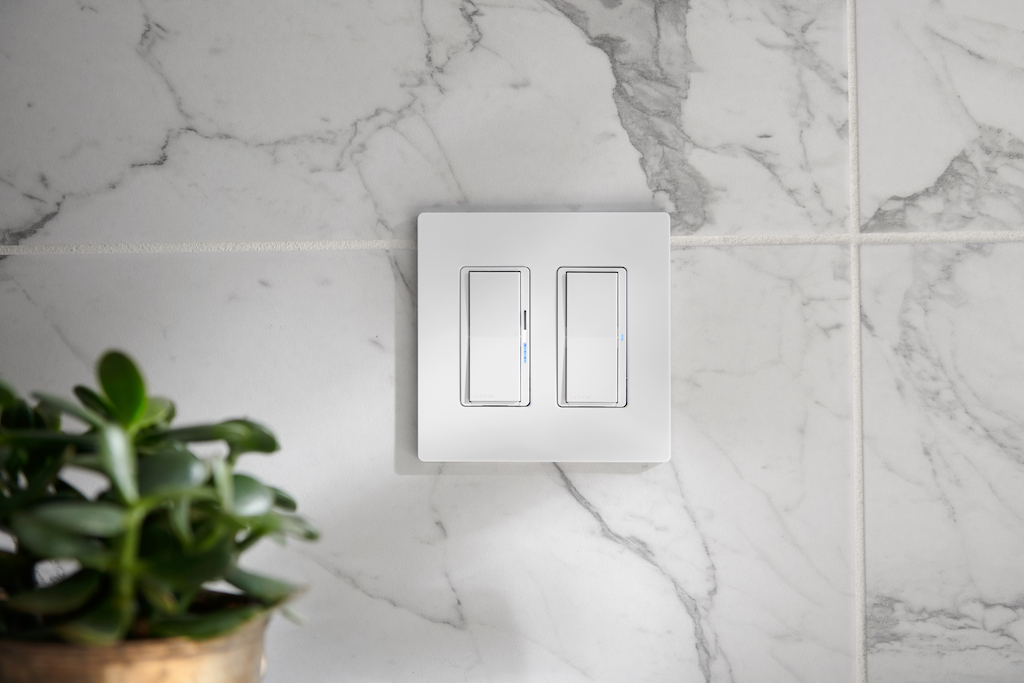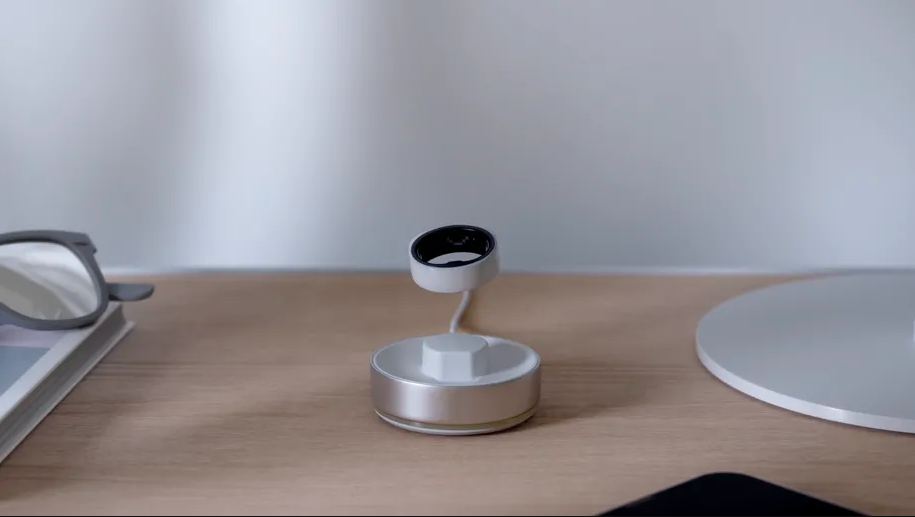This week’s show is a celebration of Matter actually hitting devices, with Google announcing its Matter roll out and Eve allowing users to update its devices to Matter as well. We’re super excited to play with Matter, and you’ll read more about in the newsletter or hear us chat about it next week. We also discuss how Z-Wave’s open-source efforts have gone, and the first port of Z-Wave technology to a third party chip. Energy management is becoming a compelling use case for smart home tech given the high price of heat this winter, so we share what might help and how it may change the conversation around connected devices. Then we dig into a new Comcast report on home security that points out the things you’re worried about getting hacked in your smart home are not necessarily what’s getting hacked. In smaller news, we cover gestures and accessibility features for the Echo Show, smarter alarm systems, and a new sensor that’s itty-bitty. We close with chip news about a new RISC-V microcontroller, a new integrated Matter chip from NXP, and Qualcomm’s new LTE Cat 1 modem for IoT. We end the first segment of the show by answering a listener question about outdoor smart lights for cold climates.
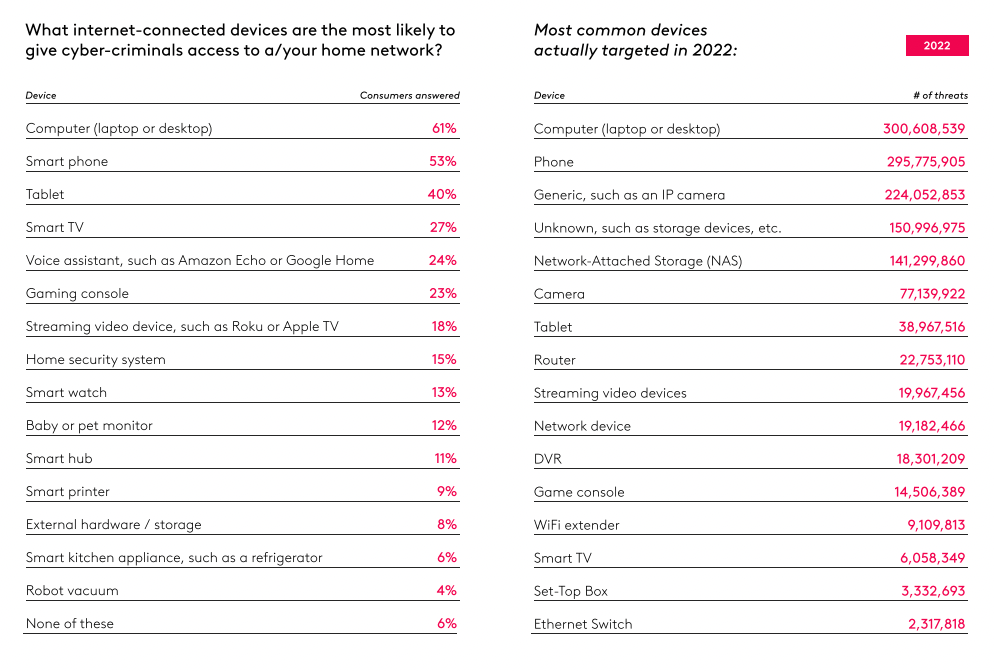
Our guest this week is Sean Petterson, the CEO and founder of StrongArm Tech, a company that makes wearable safety devices for industrial and warehouse workers. We talk about the company’s history of building exoskeletons and its pivot to data analytics and wearables, and then the challenges associated with converting worker safety into an ROI. Petterson makes the case that analytics can drive home the importance of keeping workers healthy despite the costs of the system and the perceived costs in terms of productivity. He gives a good example from a warehouse customer using StrongArm’s analytics to send workers home after they meet their quota for the day, even if it means they get sent home early. Petterson says it’s simply not efficient or smart from an ROI perspective to keep them working. We also talk about the ethics of such software and how StrongArm tries to make sure its data isn’t used to retaliate against poor performers. Enjoy the show.
Hosts: Stacey Higginbotham and Kevin Tofel
Guest: Sean Petterson, the CEO and founder of StrongArm Tech
Sponsors: Arm and Silicon Labs
- Matter hits Google and Eve devices, but wait a second before updating
- Don’t worry about someone hacking your voice assistant or robot vacuum
- Check out this new RISC-V microcontroller
- Keeping workers healthy improves ROI and this company can prove it
- What happens when worker data gets really detailed?
Podcast: Play in new window | Download | Embed
Subscribe: RSS

